Lifelong learning – backbone or buzzword in future education?
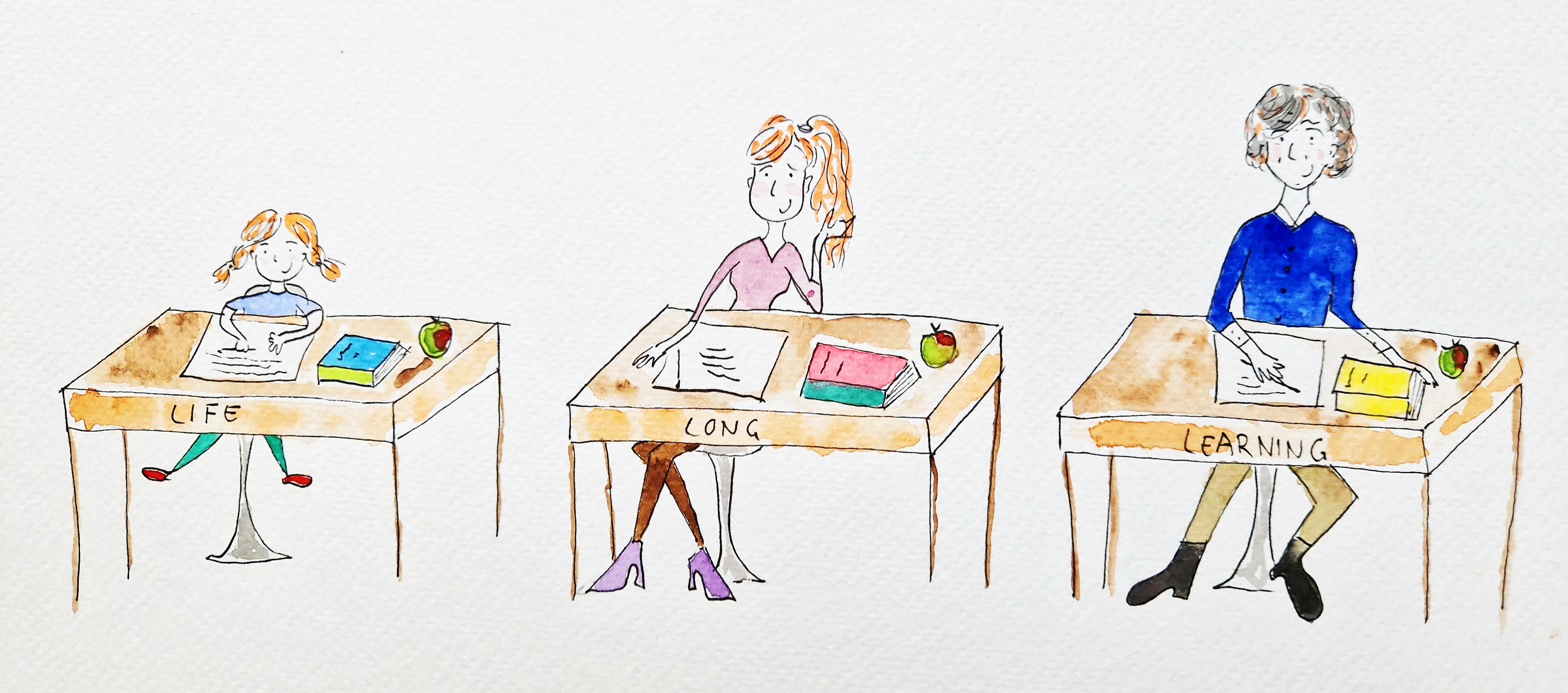
Illustration: Ida Eriksen
The term lifelong learning is popping up everywhere in education policies and in popular news media. But what is lifelong learning and how is CBS trying to implement it? Is it the future backbone of our education system or just a fluffy buzzword? CBS WIRE takes a dive into the philosophy and praxis of LLL.
Lifelong learning. You’ve probably heard the phrase many times on different occasions. Maybe you’ve read something about it on social media, in the news, or it’s been mentioned in class, if you are a student. But what is it all about? And is it more than a storm in a teacup?
The answer to the last question is a big loud YES, if you ask CBS President Nikolaj Malchow-Møller:
“Society is changing. We are living longer. We don’t necessarily retire at the age of 67 anymore. And the technological development is accelerating. In other words, we need to learn continuously throughout our entire lives,” he says.
CBS is in the process of developing a plan for how to secure lifelong learning for future students. A Vice Dean of Lifelong Learning has been appointed, and a LinkedIn profile with events and reflections on the subject of LLL has been created by Senior Management. But before we look into how CBS wants to implement lifelong learning as a part of its strategy, let’s explore the term itself.
The ways we perceive and understand the term lifelong learning differ and have long histories, according to Pia Seidler Cort, who is an Associate Professor at the Danish School of Education.
“Lifelong learning is rooted way back in the 19’th century with the beginning of our democracy in Denmark. But the more modern understanding of the term began in the 1960s, when the organisations OECD (Organisation for Economic Co-operation and Development) and UNESCO (United Nations Educational, Scientific and Cultural Organization) focused on continued learning after graduating from your education programme. OECD focused on the cohesion between economic growth and investment in education whereas UNESCO focused more on the values of equality, democracy and education as human rights,” she explains.
From the year 2000, LLL became a central part of the European Union’s goal of becoming the most competitive and knowledge-based economy in the world. This led to the Danish strategy for lifelong learning to “future-proof Denmark”, which was published in 2007 by the Ministry for Education. Here it is clear that LLL is considered a way to secure that competences are updated and follow the demands of workplaces, Pia Seidler Cort continues.
Danes: LLL should be facilitated through universities
This understanding of lifelong learning as a way to brush up your skills to meet the demands of your workplace is shared by the majority of the 1,500 Danish participants in a report from SDU conducted in 2020. According to the results, 77% state that they believe that learning and education are aspects that they will be very important to pursue throughout their entire lifespans.
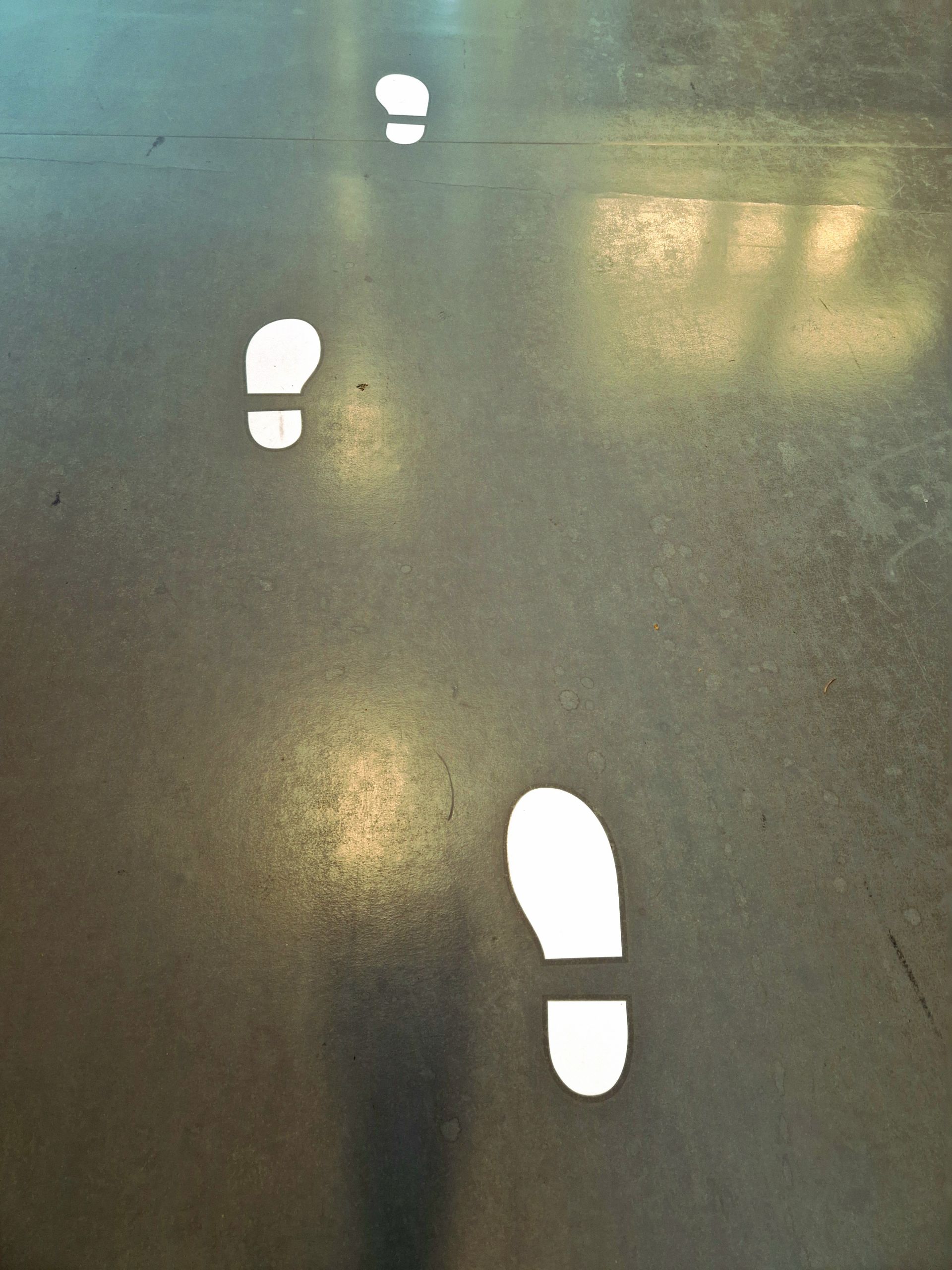
The younger generation is facing a long work life, that might go in many different directions depending on the life situation of the individual, Rasmus Johnsen explains. Photo: Ida Eriksen
But who will ensure that we learn continuously through our lives? The report indicates that universities in particular have a responsibility in this respect. Altogether, 59% state that universities are best equipped to effectuate this ongoing learning process.
CBS is the university in Denmark offering the widest range of adult part-time education programmes which entail so called Graduate Diploma-, Executive Master- and MBA- Programmes, according to David Gullberg, Executive Director of Part-time Programmes at CBS.
“Our many part-time programmes provide relevant knowledge and tools to succeed at your current job and also in your future career,” he says.
This sentiment is shared by CBS President Nikolaj Malchow-Møller, who claims that CBS is in fact “a pioneer when it comes to lifelong learning”, because of the diversity and quality of our part-time programmes:
“The quality of our part time programmes is well known. We stand on solid ground. I believe this is a great advantage for CBS,” he says.
Much more to learn about learning
Now, if you think that is it, and that CBS has already achieved its goal of being a major player in the game of LLL, you are wrong. There’s still much to learn about learning throughout our lives, according to Rasmus Johnsen, Vice Dean of Lifelong Learning at CBS.
“We take great pride in our part-time programmes, but we need to think even bigger than this when it comes to how we secure the possibility of lifelong learning,” Rasmus Johnsen says, adding:
“We are investigating what it really means to learn throughout your life. Not just a career brush up, but actually learning in the more holistic sense that is not all about the money.”
For example in the future, we should get used to the idea of a career not being an upward curve, but a forest of different paths, Rasmus Johnsen explains.
“Sometimes you’ll take a path where you make less money than in your previous job. Because now other factors have value. Like when you are starting a family, and time can be worth more than money. At CBS, we want to be the platform that can make different learning aspirations come true,” he says.
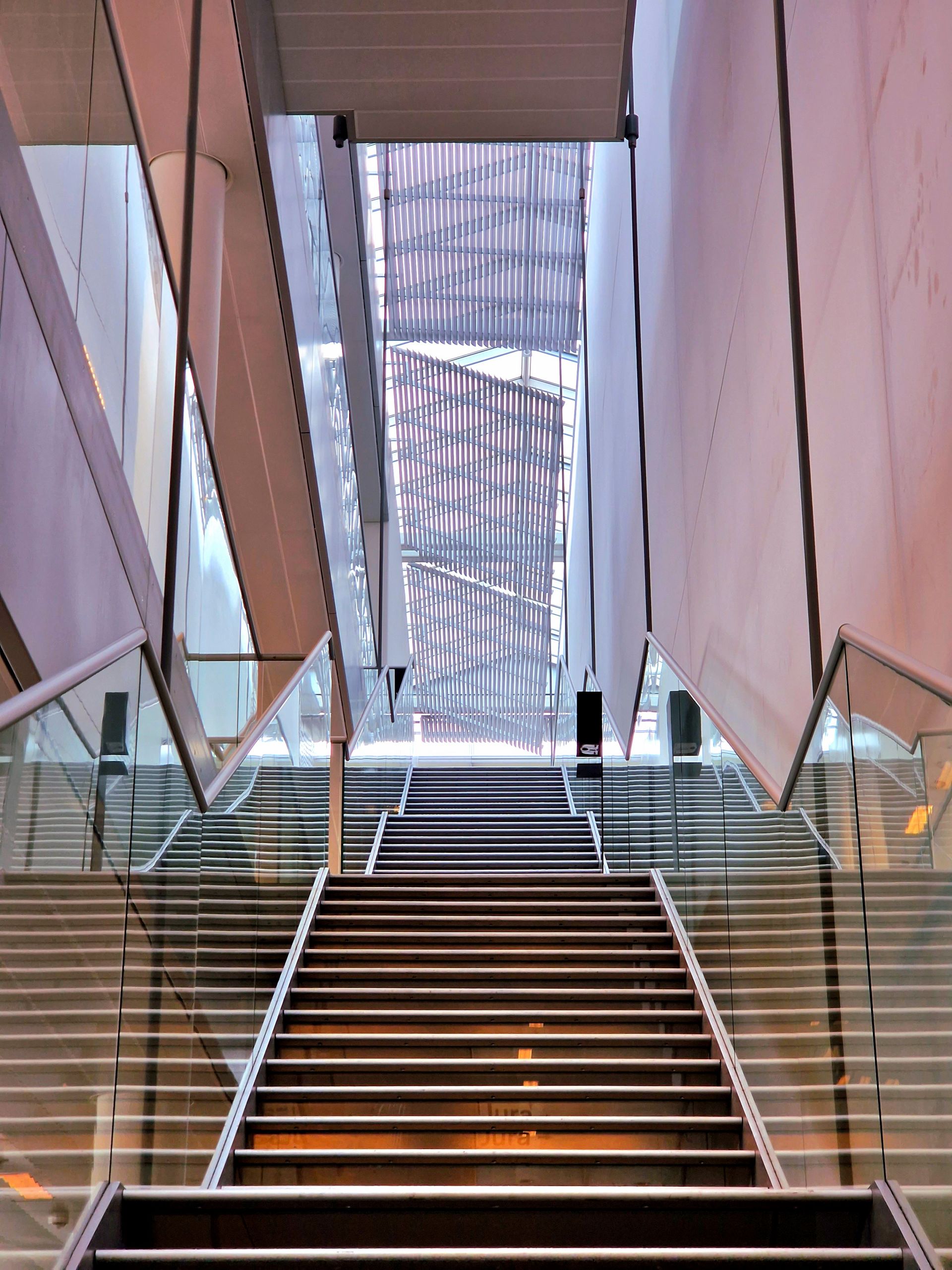
Our worklife is not like an staircase going upwards. Instead we should get used to a work life where we take new paths that lead us to the left, right, down and up again, says Rasmus Johnsen. Photo: Ida Eriksen
What CBS is doing to help LLL
CBS is currently working with three focus areas in lifelong learning that will be investigated during a timeframe of no less than 12 years, starting from 2023 and ending in 2035, according to Rasmus Johnsen.
- We are great at reaching people aged 40–55 with our part-time programmes, but we want to be better at supporting young graduate students from when they graduate and during their first ten years of employment. So we are considering how to contribute to individuals’ careers during these first ten years. What sort of options could we offer?
- Right now, students doing part-time programmes are from other universities in Denmark and not from CBS. We want to change that so more CBS students also attend these programmes during their careers.
- Our last focus area addresses the more senior group of students. How can we better engage the many alumni who have obtained broad and important work experience? As it is, we have a limited number of education programmes fit for this group – about 100 mentorships where you can share your knowledge with others. People are actually queuing up to be part of these mentorships, but we are unable to provide them with a solid platform. This is something we want to change, explains Ramus Johnsen and adds:
“When combining these three focus areas, we’ll be able to provide people with lifelong learning from the end of their first education programme to the end of their careers. This is our mission for lifelong learning at CBS.”
So there you have it – CBS’ strategy for how we can address lifelong learning in the future. Backbone or buzzword? You decide. One thing is for sure, lifelong learning has a long history and will probably remain a part of the conversation on education for a long time to come.


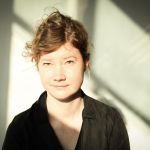
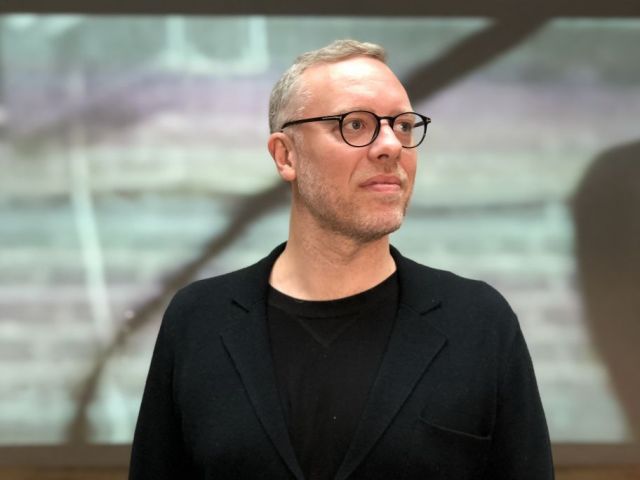
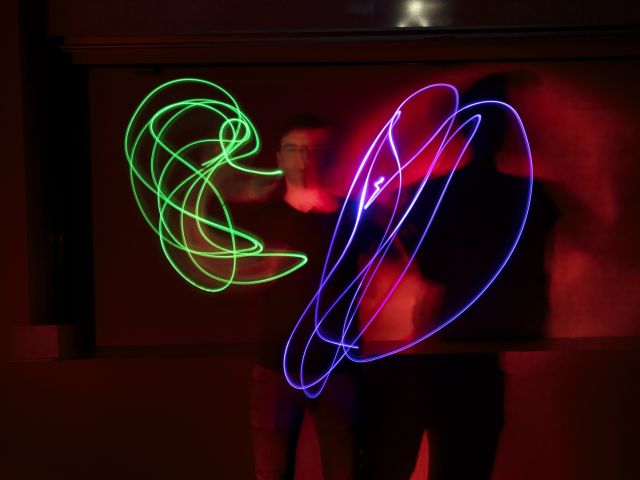
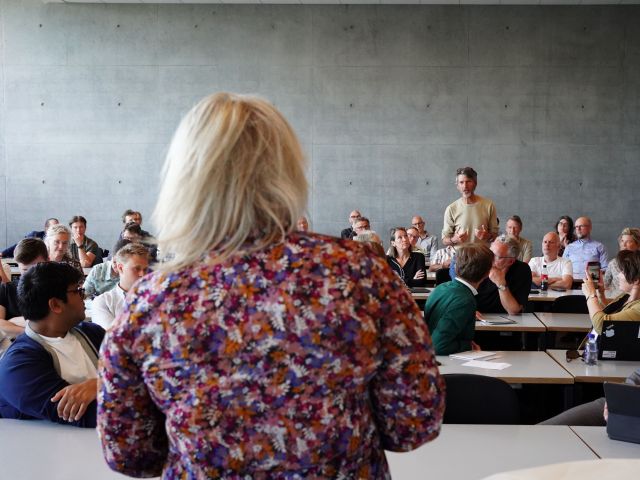
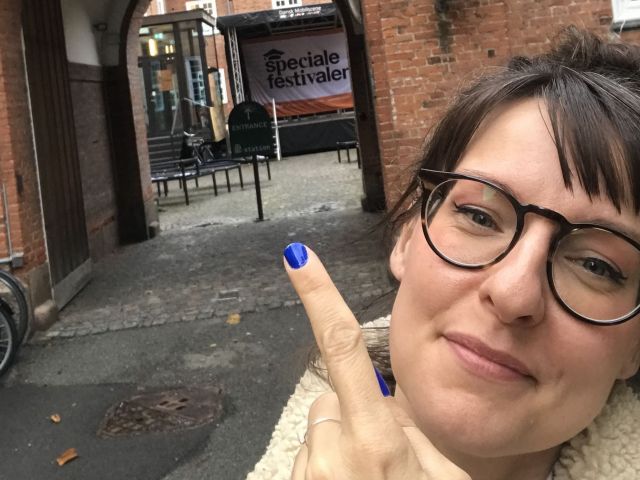
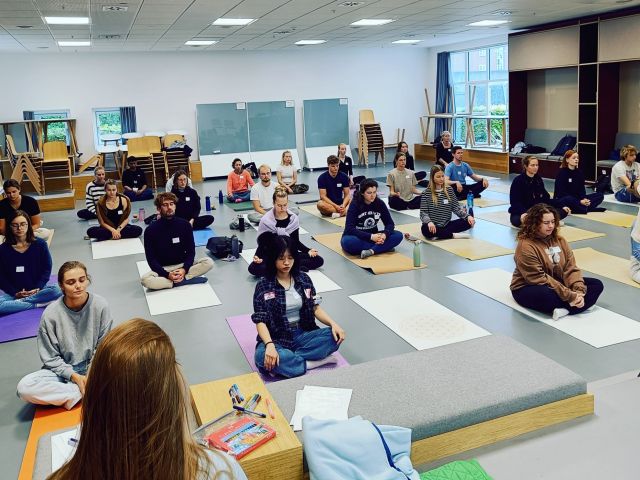





























































































































Comments